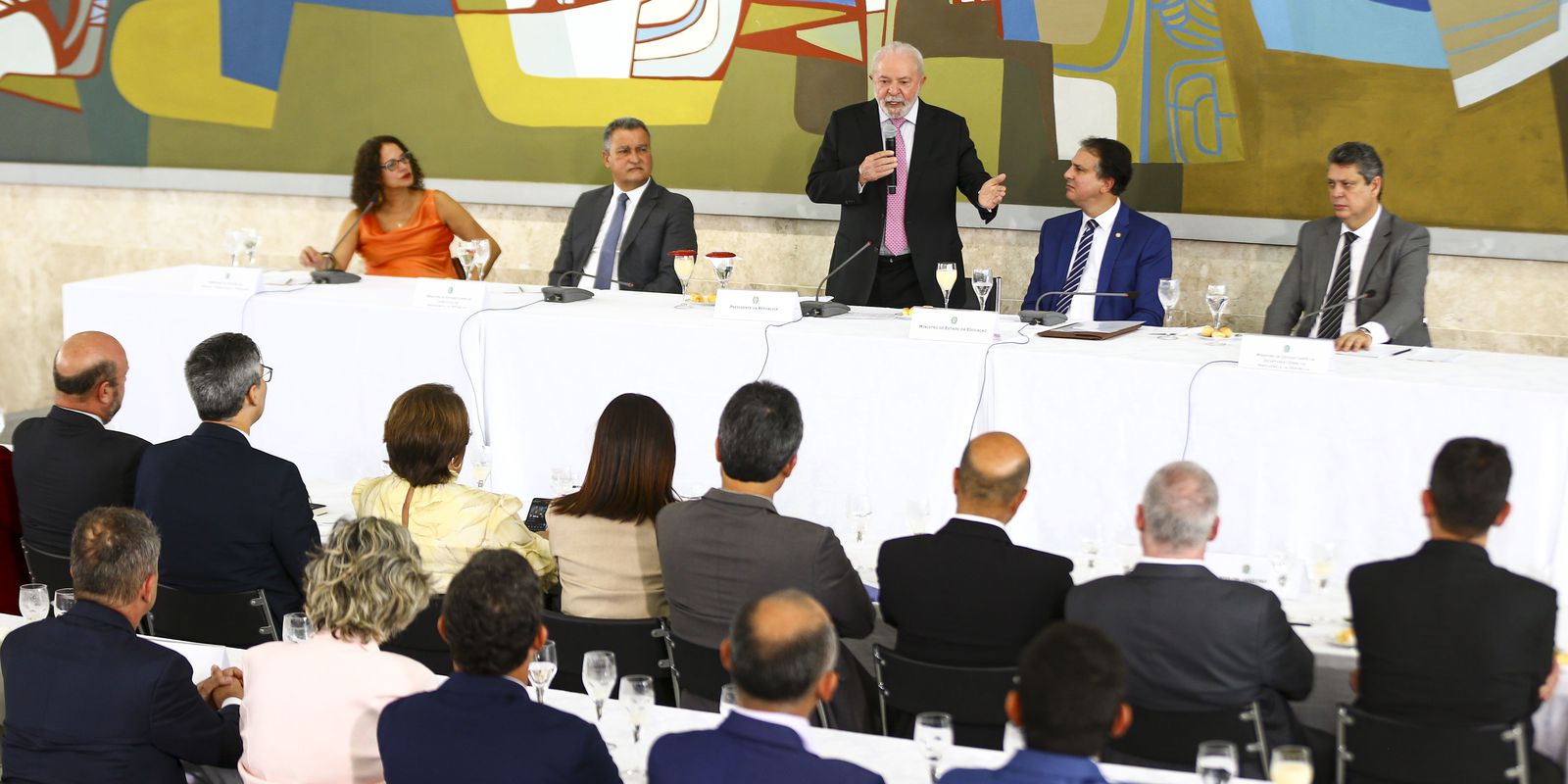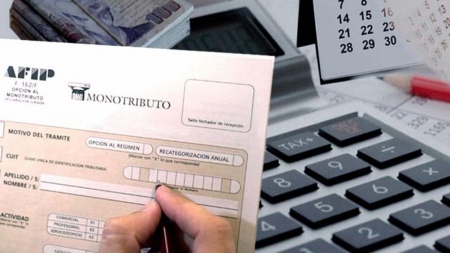President Luiz Inácio Lula da Silva told presidents of federal universities and federal teaching institutes today (19) that the meeting was the “meeting of civilization”. “We are starting a new moment, I know the obscurantism that has been lived in the last 4 years, and I want to say that we are leaving the darkness to return to the brightness of a new time”, he said, at the opening of the meeting, at the Planalto Palace.
According to Lula, the government will seek to offer quality education, in line with the “new world of work” and the needs of society. “Universities have to participate together with businessmen, unions, government, for us to find out what they are going to do to put people in the job market”, he claimed, citing the lack of qualification of workers to occupy functions that require knowledge in technology.
“For example, the climate issue is a need for humanity’s survival. And is this in the academic curriculum of universities, of children in school? Is not. We don’t train people with prohibitive laws, we train them with education. If the person learns at the right age what the climate issue is and what the need to not pollute the planet is, we are saved”, said Lula.
For the president, the choice of priority courses for the country should also be a matter of discussion. “Brazil cannot be the country in the world that has more universities to train lawyers, we need to train other people. We need to invest more in engineering, in doctors. In most cities in this country, we have a shortage of doctors. It is necessary to adopt a policy of taking benefits to people who live far away, otherwise they come to the city and will be just another poor person, inflating poverty in the big Brazilian cities, which costs much more than taking benefits to them”, argued.
President Lula defended the expansion of programs such as ProUni and Fies, to open university doors and create opportunities for the poorest population. “Let these people in so we can see how the country will be much better than it is today”, he said.
Lula also said that, throughout his mandate, the autonomy of universities will be guaranteed, with the appointment of rectors chosen by the academic community, and that he will hold annual meetings to align commitments. “You will have the right to be responsible, because whoever is elected to be dean must be responsible for the money, for the administration and for the care of the university”, he said.
Dialogue
Accompanying President Lula at the meeting were the ministers of Education, Camilo Santana; of Science and Technology, Luciana Santos; the General Secretariat, Márcio Macêdo; and the Chief of Staff, Rui Costa, in addition to those in charge of bodies such as Capes and CNPq.
Minister Camilo Santana said that the Ministry of Education will resume dialogue with all actors in the sector and will resume appreciation and respect for higher education in the country. Among the challenges, he cited expanding the number of vacancies, combating school dropouts, resuming stalled works and raising scholarships.
According to the minister, the readjustment of Capes grants has already been authorized by the president and should be announced by the end of this month.
Representatives of 106 institutions were present at the meeting. For the president of the National Association of Directors of Federal Institutions of Higher Education (Andifes), Ricardo Marcelo Fonseca, who is also dean of the Federal University of Paraná (UFPR), this meeting, in the first month of the new government’s term, is full of symbology.
“The rectors and the federal universities were mistreated, mistreated, and their budgets were squeezed. We were placed as targets, and worse, we were excluded from our natural role, which is the role of being at the service of Brazil, of national development projects”, he said.
Fonseca recalled that Brazilian federal universities are at the service of Brazil in the development of strategic projects. “Whether in the area of the environment, clean energy, reindustrialization, or in the area of education, other levels of education, to finally end this duality between higher education and other levels of education. Because the university understands that basic education and other levels of education are also our matters, ”he defended.
For him, however, it is necessary to guarantee the conditions for the development of the natural function of the university. “Be it dignified and adequate budgetary means, be it means to exercise our internal democracy, our constitutionally instituted university autonomy”, he highlighted.
listen on National Radio Agency:















